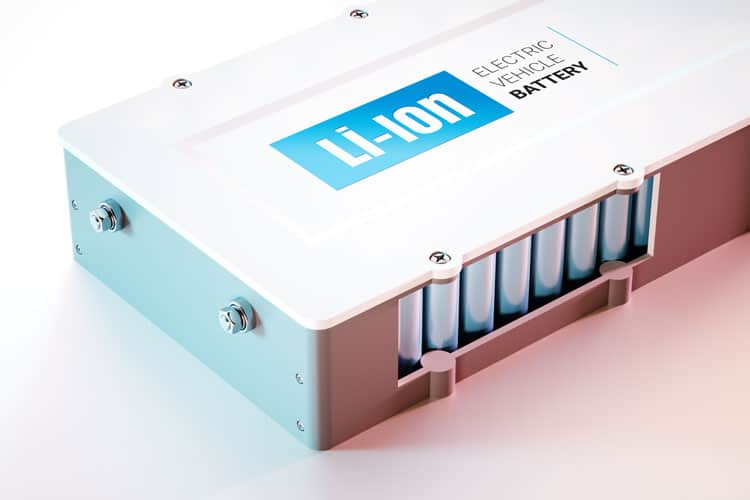Currently, the average size of an Electric Car Battery ranges from 80 to 100kWh. The Porsche Taycan and the Jaguar I-Pace have the biggest battery packs of 90 kWh. Other EVs with big batteries include the Hyundai Kona and Chevy Bolt, both with 64kWh packs. The average size of an electric car battery continues to increase year after year.
One of the major reasons why electric vehicles are not purchased in large numbers is because they do not have enough driving range. Automakers, such as Tesla are working to produce vehicles with huge battery packs capable of storing as much as 100 kWh. These large battery packs will solve the driving range problem by providing up to 300 miles of driving on just a single charge.
As the capacity of batteries is limited you need to make sure you plan ahead and know where to find EV charging stations as well being aware how far you can drive with your EV.
How is the Capacity of an Electric Car Battery Measured?
The capacity of an electric car battery is measured in kilowatt hours (kWh). For example, the Tesla S Model has a large 90 kWh battery which provides a driving range of up to 265 miles (424km). The battery weighs 1,200lb (540kg). This heavyweight increases the vehicle’s energy consumption to 380Wh/mile (238Wh/km).
The capacity of an electric car battery can also be measured in ampere-hours. Ampere is the amount of current the battery can pull in one hour. For example, the most recent version of the BMW i3 (2019) has a capacity of 120Ah, which is equivalent to 42kWh. It provides a driving range of up to 115 miles (345km). The battery is lightweight and has a low energy consumption of 260 Wh/mile (165Wh/km).
What Types of Batteries Are Used in Electric Vehicles?
There are two major types of batteries used in hybrid electric vehicles (HEV), Plug-in hybrid electric vehicles (PHEVs) and all-electric vehicles (EVs). They include:
Lithium-Ion (Li-ion) Batteries
Nearly all types of electric vehicles and plug-in hybrid electric vehicles use lithium-ion batteries. Compared to other energy storage systems, lithium-ion batteries have many benefits. These batteries have a low self-discharge, good high-temperature performance, high energy efficiency, and high power to weight ratio.
Also, most components of Li-ion batteries can be recycled, making them an environmental friendly option. The only shortcoming of lithium-ion batteries is that they can experience a thermal runaway that can result in explosions or vehicle fires. Automakers are making great efforts to improve the safety of EVs that use lithium-ion batteries.
Nickel-Metal Hydride Batteries
When compared to lithium-ion batteries, nickel-metal hydride batteries have a longer life cycle and are abuse and safe tolerant. Nickel-metal hydride batteries are commonly used in hybrid electric vehicles. They have a high energy density, which makes it possible to store large amounts of energy into a relatively small battery.
Nickel metal hydride batteries do not contain any toxic metals, making them easy to recycle. The only shortcoming of these batteries is that they have a high heat generation and high self-discharge at high temperatures.
These are just some of the most essential details to know about electric car batteries. Most auto manufacturers usually provide warranties on the battery and electric drive components. Be sure to check with your dealer, but typically warranties are 5 to 8 years.


